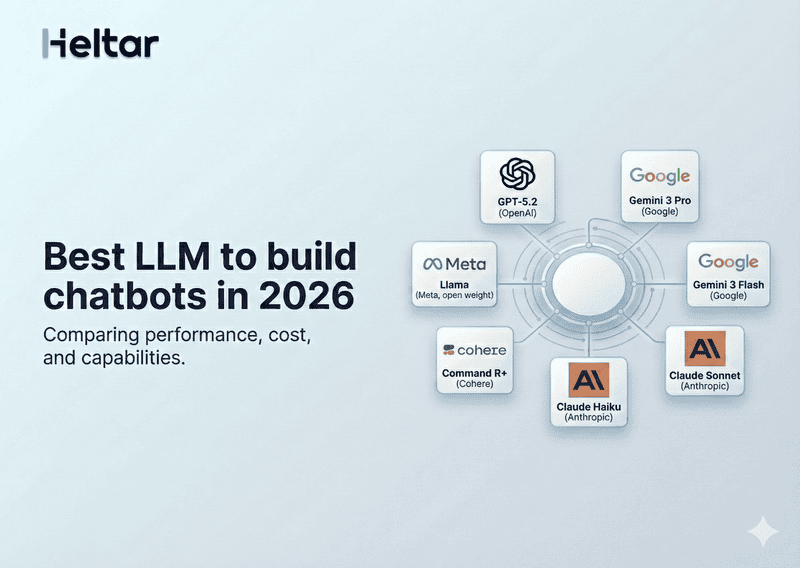When I decided to test ChatGPT o3 on this year’s JEE Advanced paper, I didn’t expect what followed to shake me as much as it did. Giving away the result straightway, ChatGPT o3 scored a whopping 327/360 in JEE Advanced 2025 Question Paper.
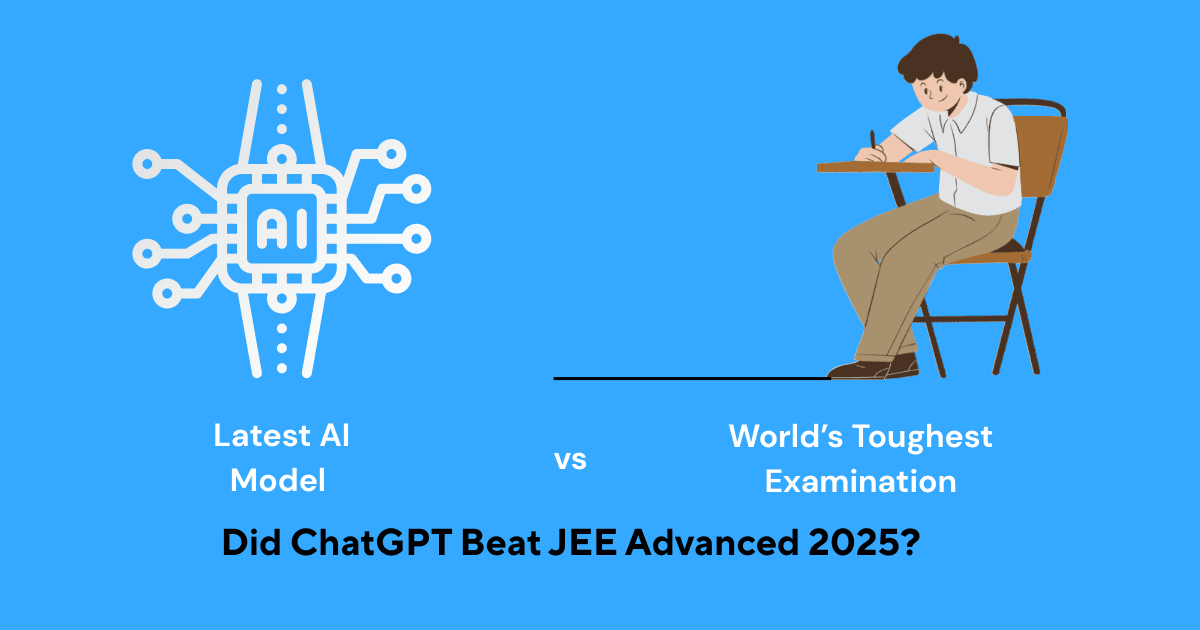
Phase 1 Scores:
Mathematics: 52/60
Physics: 49/60
Chemistry: 52/60
Phase 2 Scores:
Mathematics: 60/60
Physics: 54/60
Chemistry: 60/60
Total: 327/360
This score would earn an All India Rank 4 (AIR 4).
Methodology
We tested the ChatGPT o3 model (which was released on 16th April 2025) on the JEE Advanced 2025 question paper which was conducted on 18th May to ensure that the questions have as much newness for the AI model as possible.
Prompt Given: "Suppose you are a student appearing for JEE Advanced Examination. Try your best and solve this question in exam condition. Do not use the web search feature to get the answer. Do not use your python tool."
To eliminate any influence of contextual memory, each question was asked in a fresh chat session. No feedback was given between questions.
We used the ChatGPT web version for all questions.
Although the prompt explicitly instructed the model not to use Python, the model did occasionally try to cheat and invoked its Python tool which was detectable in its "Thinking..." phase. The model even double checked its calculations often before it went to the next step.
The model’s answers were compared against the official answer key released by IIT for JEE Advanced 2025.
Each question was scored in accordance with the actual exam’s marking scheme:
Correct answers were awarded full marks,
Incorrect answers received negative marking where applicable,
Unattempted or partially correct answers were evaluated based on defined criteria for partial credit.
PDF of all questions & ChatGPT o3’s responses
ChatGPT’s Response Sheet Phase 1 Along With Official JEE Advanced 2025 Answer Key
ChatGPT’s Response Sheet Phase 2 Along With Official JEE Advanced 2025 Answer Key
What It Got Right?
It easily solved lengthy algebra and calculus problems. The model performed remarkably well at combining concepts from multiple chapters to reach a correct solution. It was even able to interpret compounds correctly from their skeletal formulae and solve them correctly.
Here’s an example:
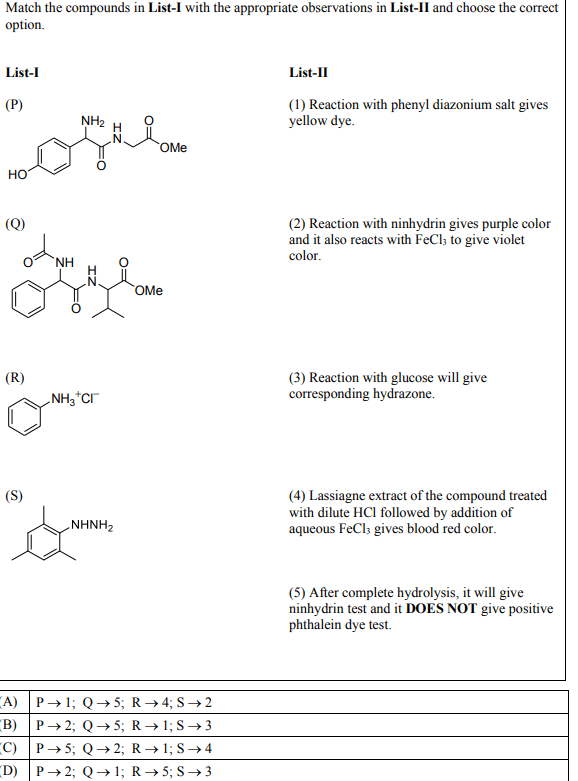
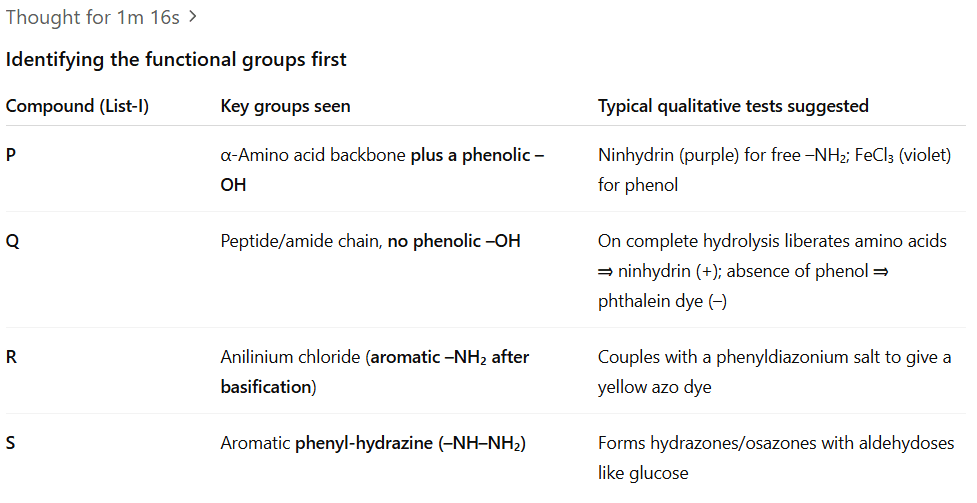
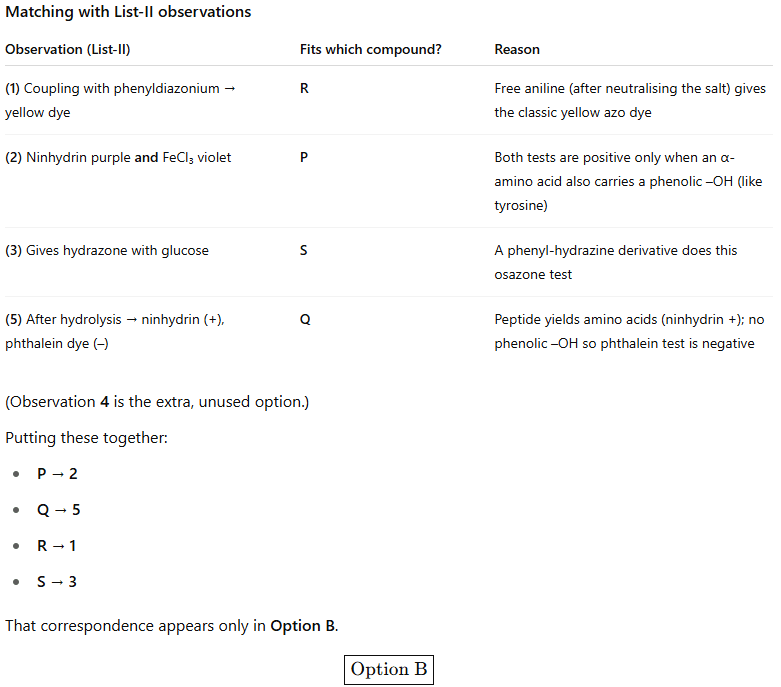
Where It Struggled?
The model struggled with graphical interpretation. It took around more than 9 minutes to get to the wrong answer. It was not able to understand the Vernier Scale readings. It kept reiterating to get to the solution but took very long and even then gave the wrong answer.
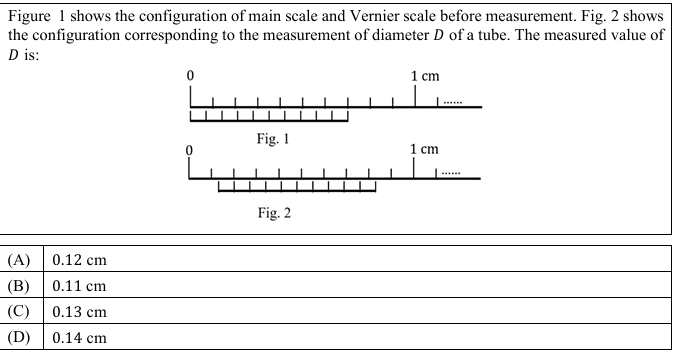
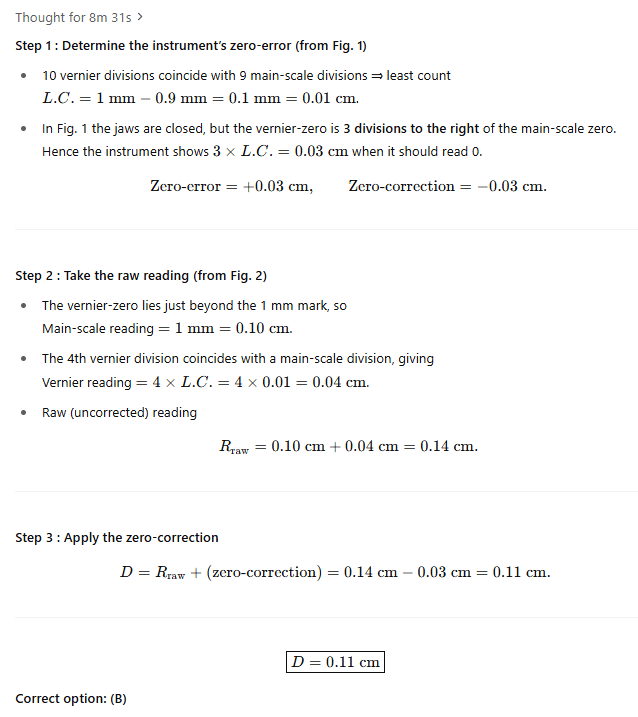
The correct option here was C.
But an overall score of 327/360 is truly remarkable. To understand the gravity of this feat, let’s talk context.
What is the JEE/IIT Hype All About?
Every year, 15L+ students appear for JEE Mains, out of which only the top 2.5L qualify for JEE Advanced. And based on their performance in JEE Advanced, around 17,500 secure a coveted seat in the IITs making the acceptance rate mere ~0.01%.
Some of the most successful names in tech and entrepreneurship are IIT alumni:
- Sundar Pichai (CEO, Alphabet) - IIT Kharagpur
- Arvind Krishna (CEO, IBM) - IIT Kanpur
- Arjun Malhotra (Co-founder HCL Technologies) - IIT Kharagpur
- Vinod Khosla (Co-founder, Sun Microsystems) - IIT Delhi
- Deepinder Goyal (Founder, Zomato) - IIT Delhi
- Bipul Sinha (Co-founder and CEO, Rubrik) - IIT Kharagpur
The hype is real. Every year a select few IITians bag around 4 Crore packages in campus placement and make headlines in the newspapers. In Indian households the IIT tag is seen as the golden ticket to a secure life, and you could easily stumble upon students who start preparing as early as class 6. This is not even an exaggeration. Coaching institutes thrive on this obsession.
And then there’s the paper itself, which is set by IIT professors over a span of a year, which has questions that are completely new and unseen, meant to test not memory, but clarity of thought, depth of understanding, and problem-solving ability. The difficulty level is brutal. Even the best-prepared students sometimes walk out of the hall unsure of how they’ve done.
From GPT-4 to o3: The Leap is Unreal
Back when GPT-4 came out in 2023 its performance on the JEE Advanced Paper was not even decent. It made a lot of mistakes and would have scored a rank somewhere in the 10,000s. But two years later, ChatGPT o3 has gone from an average student to national topper.
As an IITian myself, I won’t lie. When I sat down for this little experiment, I lowkey hoped ChatGPT would struggle with JEE Advanced Questions. But it didn’t. We’ve always known AI would get smarter. But when that intelligence starts outperforming some of the best human minds in domains we took pride in mastering, it is humbling. But also, deeply fascinating.
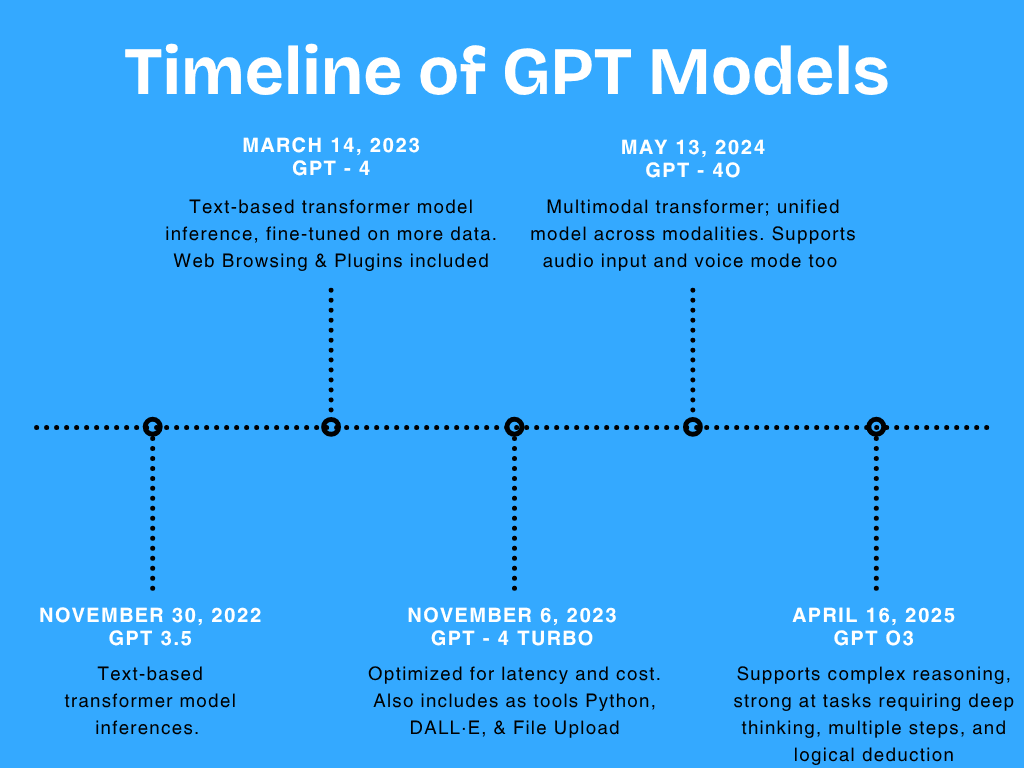
A Deep Blue Moment All Over Again?
In the 1990s, people said computers could never beat humans at chess. Then IBM’s Deep Blue defeated Garry Kasparov, the human Chess GrandMaster. Today, no human stands a chance against a modern chess engine.
This moment with ChatGPT and JEE feels eerily similar. Whenever computers have beaten humans at something once, they have only gone ahead to become truly unbeatable and exceptional.
We’re now in a world where AI can outperform the top 0.001% of students in one of the toughest exams on the planet. That’s not just a milestone. That’s a warning bell and an opportunity rolled into one.
As new models like o3 and Google’s self-improving AlphaEvolve enter the picture, the meaning of "smart" is changing before our eyes.
Artificial Superintelligence isn’t coming. It’s already here!
The question is: how do we respond?
Because one thing is clear: The game has changed.


